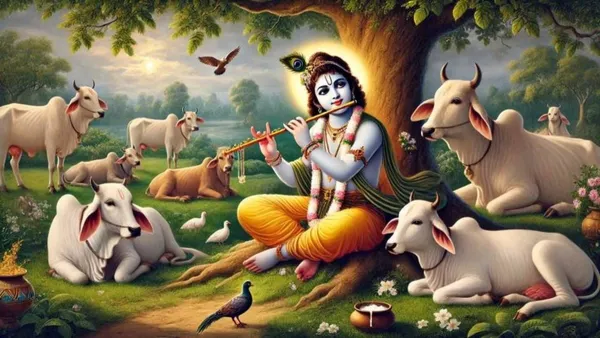Dry days - specific days when sale of alcohol is not allowed - is a custom peculiar to India among countries where alcohol is legally available. From a purely economic PoV, their impact is considerable as a knock-on effect on the hospitality sector, even as their effect on the liquor industry itself is reduced by consumers stocking up in advance. This shows up in states where tourism is a significant contributor. Business dislocation is compounded by potential artificial scarcity and bootlegging. Dry days usually fly under the radar of economic impact assessment as opposed to outright prohibition because the effects are temporary. Yet, the two measures share intended and unintended consequences. The principal downside is that it converts a legitimate business into an illicit trade.
An alternative approach to dry days could be to raise public awareness about responsible drinking. This upholds consumer choice. Virtue-signalling through a day of prohibition makes little sense in this day and age. Instead, the liquor industry could be asked to self-regulate sales to vulnerable sections of consumers. These methods have been tried in other countries with fairly successful results. The special emphasis on dry days during elections in India, in contrast, remains weak in conception and execution.
Liquor consumption in India is rising from a very small base, and consumers are chasing premium brands. Indian liquor brands are breaking into the export market. Policy favours growth of the liquor industry over curbing consumption. Dry days are a hangover from an era when constitution framers chose not to impose prohibition, but left it as a 'desirable outcome' - something better done by getting consumers to make more informed decisions. Temporary prohibitions do not contribute adequately to raising public awareness about consumption of liquor. In fact, they create an artificial rush of demand. It's high time a 78-year-young country that can hold its drink does away with this pointless gesture.
An alternative approach to dry days could be to raise public awareness about responsible drinking. This upholds consumer choice. Virtue-signalling through a day of prohibition makes little sense in this day and age. Instead, the liquor industry could be asked to self-regulate sales to vulnerable sections of consumers. These methods have been tried in other countries with fairly successful results. The special emphasis on dry days during elections in India, in contrast, remains weak in conception and execution.
Liquor consumption in India is rising from a very small base, and consumers are chasing premium brands. Indian liquor brands are breaking into the export market. Policy favours growth of the liquor industry over curbing consumption. Dry days are a hangover from an era when constitution framers chose not to impose prohibition, but left it as a 'desirable outcome' - something better done by getting consumers to make more informed decisions. Temporary prohibitions do not contribute adequately to raising public awareness about consumption of liquor. In fact, they create an artificial rush of demand. It's high time a 78-year-young country that can hold its drink does away with this pointless gesture.





